- Call us: 01444 237070
- Contact Us
- Stores
- Sign In / Register
-
- Back
- Used Cameras
- Used Accessories
- Used Lenses
- Used Video
- Used Film Equipment
- Used Stock Alert
- Used Blank Test
- Sell or Part Exchange
- Used Clearance
- Recently Added Used Equipment
- Park Picks
- All Used Black Friday Deals
- Faulty
- Trade-In
- Blog
- New in
- Call us
- Contact us
- Stores
- Sign in
- Categories
- Tips & Inspiration
- Reviews
- News
- Events
- Features
- Buying Guides
- Competitions
Samyang AF 35mm F/1.4 P FE Lens Review
Having been fortunate to shoot with several 35mm lenses over the years, it’s clear why this focal length is so popular, and why it’s going to stick around for the foreseeable future. Together with a nifty 50, 35mm lenses are one of the most widely used primes available, and also one that manufacturers can flex their optical design skills by producing models, which really stand out.
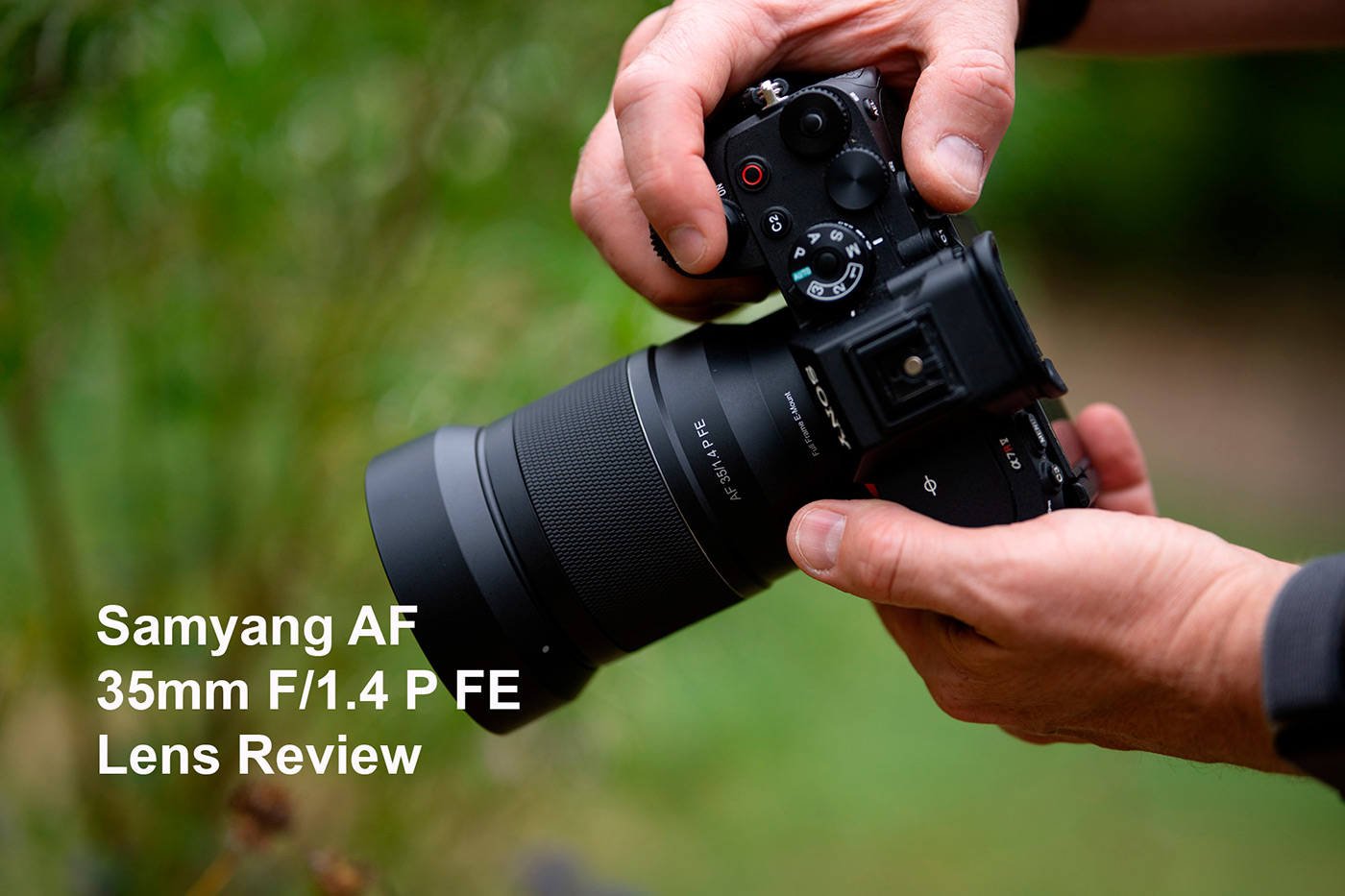
That brings us to the Samyang AF 35mm f/1.4 P FE for Sony, which was released in December 2024 as the very first new ‘P’ series lens, and Samyang’s third‑generation 35mm design. This Samyang AF 35mm f/1.4 P FE lens review actually came about because I was already making an AF 85mm f/1.8 P FE review, and it felt like the perfect chance to try the two side by side, as both will often be found in a photographer’s kit.
With that in mind, join me for this hands‑on review, which is packed with sample images and hands-on impressions in order to help you decide if this is the right 35mm lens for your photo and video content.
Samyang AF 35mm f/1.4 P FE at a Glance:
- Excellent centre sharpness, even when shooting wide open
- Handles 60MP sensors, capturing high levels of fine detail
- Accurate colour rendering with great contrast straight out of camera
- Smooth transitions between in‑focus and out‑of‑focus areas, although it can be a little busy
- Chromatic aberration and longitudinal CA visible at f/1.4 but reduces when stopping down
- Very well-controlled focus breathing, making it suitable for both stills and video
- Lightweight design, which is compatible with Sony’s advanced Face and Eye AF

Sample 01. 1/500. f/1.4. ISO 1000
Samyang AF 35mm f/1.4 P FE Lens Price
As a third‑generation fast f/1.4 prime you might expect this to be an expensive lens. However, the Samyang AF 35mm f/1.4 P FE Lens costs £528.00, although it was even less at £449.00 at the time of writing due to being on offer.
This really is great value compared to other lenses in this class, but does that come at the expense of image quality or features? We’ll see later on, but in the meantime, let’s briefly cover what the new Prima range is from Samyang and what you can expect from it.

Sample 02. 1/500. f/1.4. ISO 320
What is the new Samyang ‘P’ Series?
The ‘P’ Series is Samyang’s newest Prima lineup, which launched with this 35mm lens in December 2024. The name signifies “First” and “Important”, with high‑quality autofocus lenses for Sony mirrorless cameras that aim to deliver on portability and performance.
These sound great for content creators, and the AF 35mm f/1.4 P FE weighs only 470g (without the cap or hood), which is slightly less than the Sony GM and similar options from other brands.
Prima lenses are also ‘FE’, meaning full‑frame compatible, so you can use them on small mirrorless cameras like the A7C R and others, although I shot with the Sony A7R V for this review.

Sample 03. 1/500. f/1.4. ISO 200
Lens design and handling
This is a hybrid stills and video‑ready lens, thanks to having exceptionally well‑controlled focus breathing, which is virtually eliminated. That said, Samyang made the decision to omit all controls from the barrel, which feels like a surprising move.
There’s no aperture ring, no AF/MF switch, and no buttons at all, which means that you need to control everything from the camera body. While this isn’t a big deal for lots of situations it is quite unusual for a lens to have no controls at all. At first I wasn’t sure how I felt about it, however in practice it wasn’t really a drawback, and most modern Sony bodies allow you to customise buttons for things like switching between AF and MF, and adjust aperture using the dials.

Sample 04. 1/500. f/1.4. ISO 200
Some photographers and hybrid creators might miss having a dedicated AF/MF switch or a de‑clicked aperture ring to change exposure, and may take some getting used to. However it’s nicely made, with a large, smooth focus ring and is lightweight for such a fast prime, so you can balance it on a gimbal or shoot handheld comfortably while gathering plenty of light.
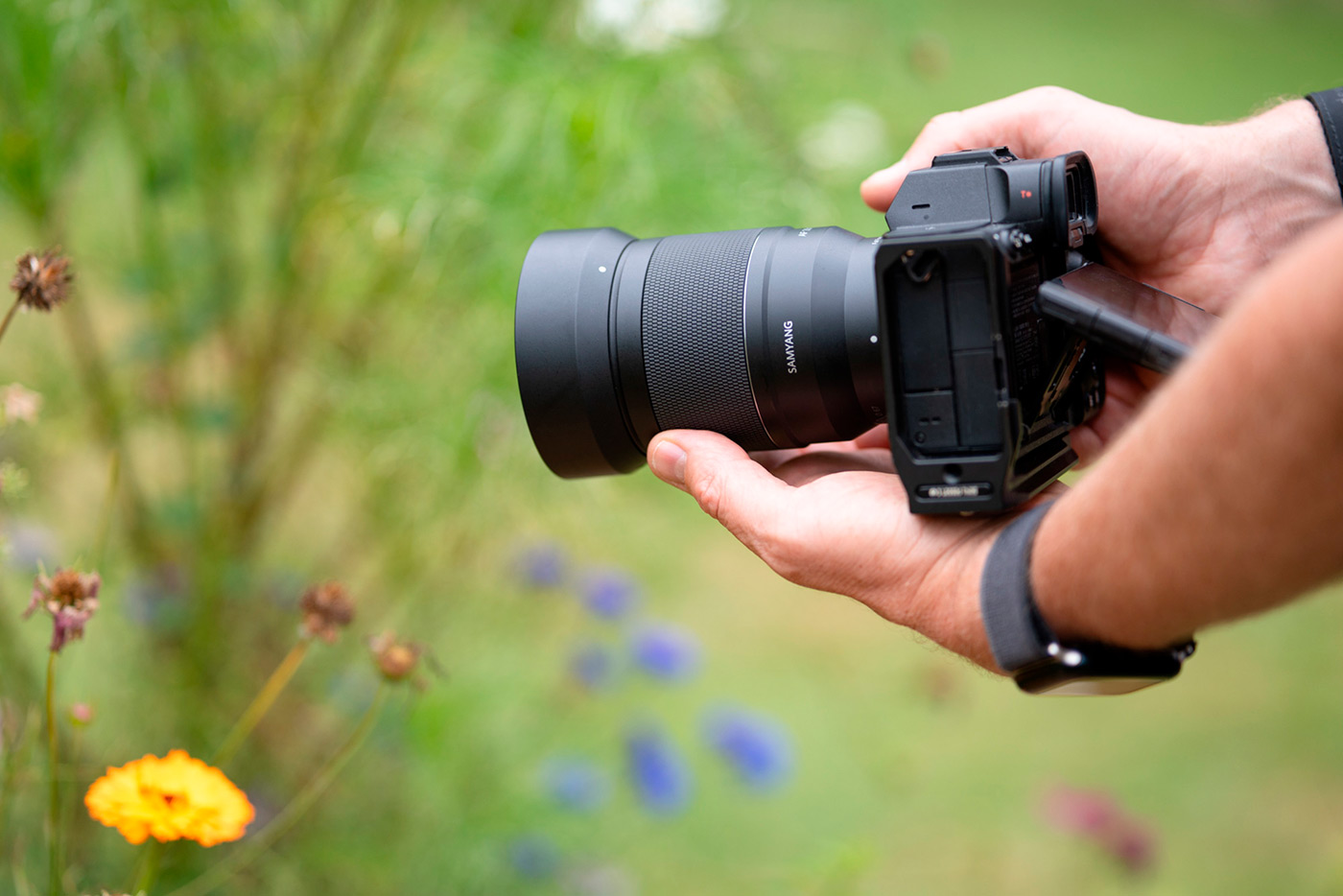
Autofocus
Without an AF/MF switch, you’d hope that autofocus performance would be spot on, and thankfully, it’s very good indeed. The Linear STM (stepping motor) does an excellent job of keeping up with Sony’s advanced Face and Eye detection system, and I didn’t miss any shots due to slow focusing.
However, unlike the AF 85mm f/1.8 P FE, which does have an AF/MF switch, I couldn’t simply take manual control by twisting the focus ring for instant override. Instead you’d need to customise a button on the camera if you want to fine‑tune focus manually.
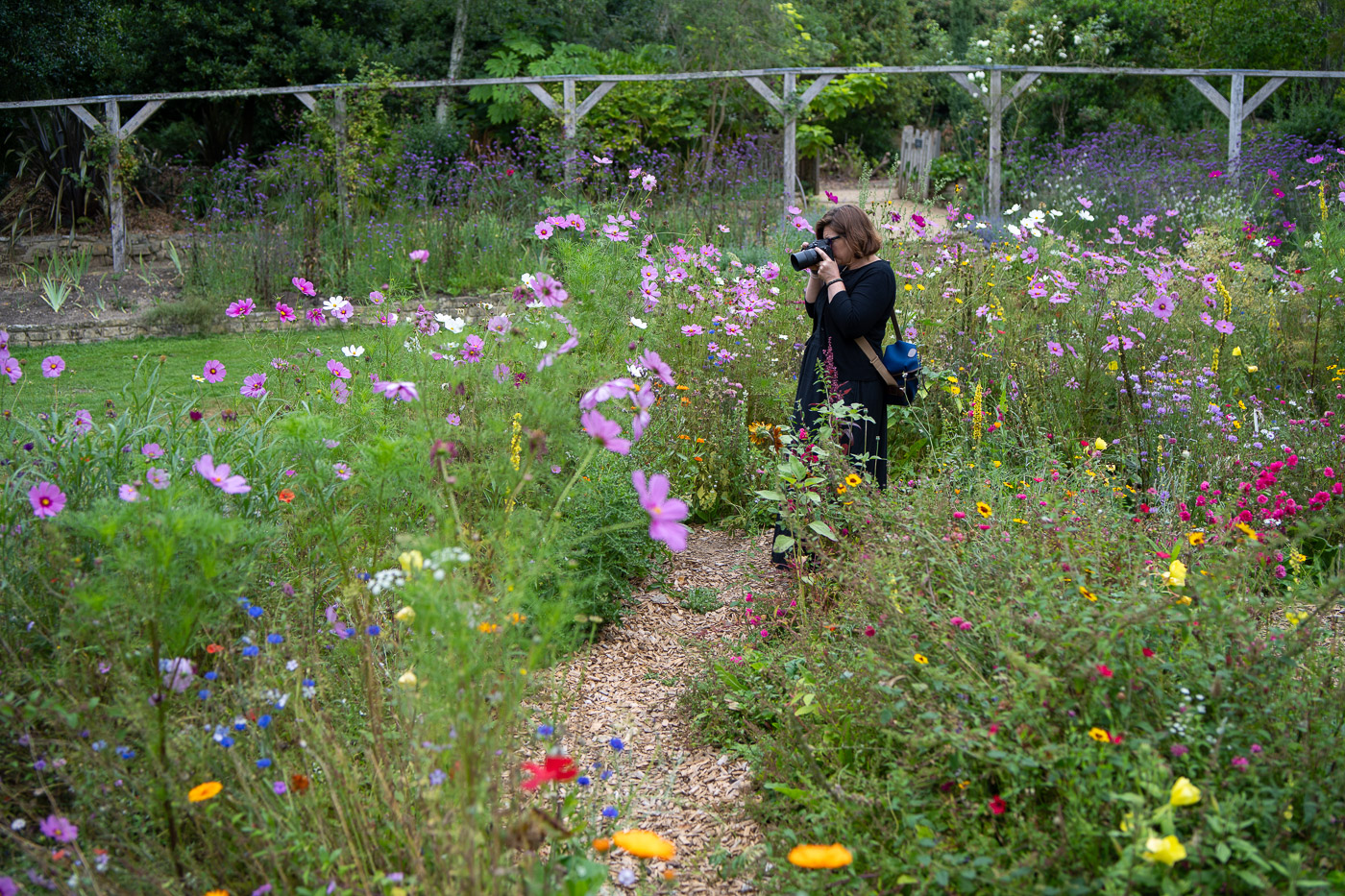
Sample 05. 1/250. f/2.8. ISO 100
Samyang AF 35mm f/1.4 P FE Image quality
Let me begin by saying that sharpness from this lens, even when shooting wide open, is excellent, particularly in the centre of the frame. I appreciate fast focus and sharp rendering, and the AF 35mm f/1.4 P FE performs very well on both counts, resolving the Sony 60MP resolution well.
Some of the sample photos show just how much detail this lens can capture, which is ideal for today’s high‑resolution cameras. It also produces beautiful colour rendition, with accurate results and plenty of contrast. The transitions from in‑focus to out‑of‑focus areas are smooth, and you can make your subject really pop out of the frame with this lens, despite it being a relatively wide angle.
However, image quality also comes down to chromatic aberrations and other optical artefacts, and this is where the lens falls slightly short. Chromatic aberration is when areas of high contrast, such as dark tree branches against a bright sky show faint purple or green edges.
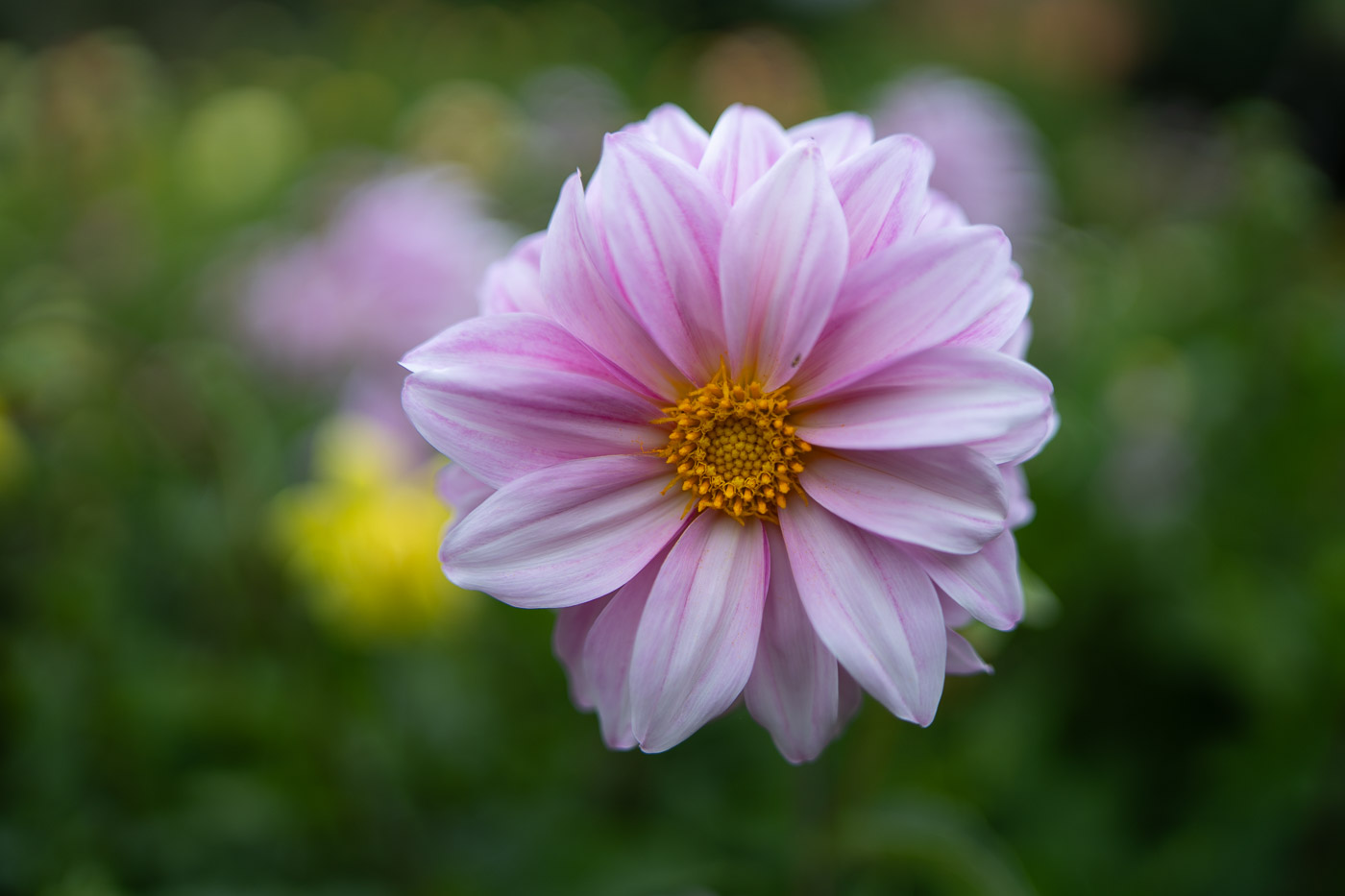
Sample 06. 1/2000. f/1.5. ISO 100
This can happen with many fast lenses, and you’ll need to stop the 35mm f/1.4 P FE down slightly to reduce this when it shows up. There’s also some longitudinal CA (green and purple fringing in front of and behind the focus point), which can be trickier to fix in post‑processing, but stopping down helps here too. Of course, CA isn’t always visible and only show up in particular situations, but it’s worth knowing about so you can look out for it when editing your shots.
This was the only real drawback in a lens that otherwise does an excellent job overall at delivering top‑notch image quality.

Sample 07. 1/250. f/2.8. ISO 100
Samyang AF 35mm F/1.4 P FE Sample Images
These sample images were captured in RAW with a 60MP Sony A7R V camera by Nick Dautlich. That level of resolution really tests a lens’s resolving power, and the Samyang I borrowed handled it without issue.
The shots were taken both indoors and outdoors, with the aim of discovering how the lens performs at various distances for telling different narratives, with various shutter speeds and apertures, using full manual control or shutter priority with Auto ISO and a minimum shutter speed set.
The samples have all been minimally edited to taste, and you can check the Content Credentials of each, which summarise the edits made during processing. You can also right‑click to view each file at a larger size. A big thanks to Jackie from Turn & Fire in Hurstpierpoint who was happy to let me photograph their new pottery shop.
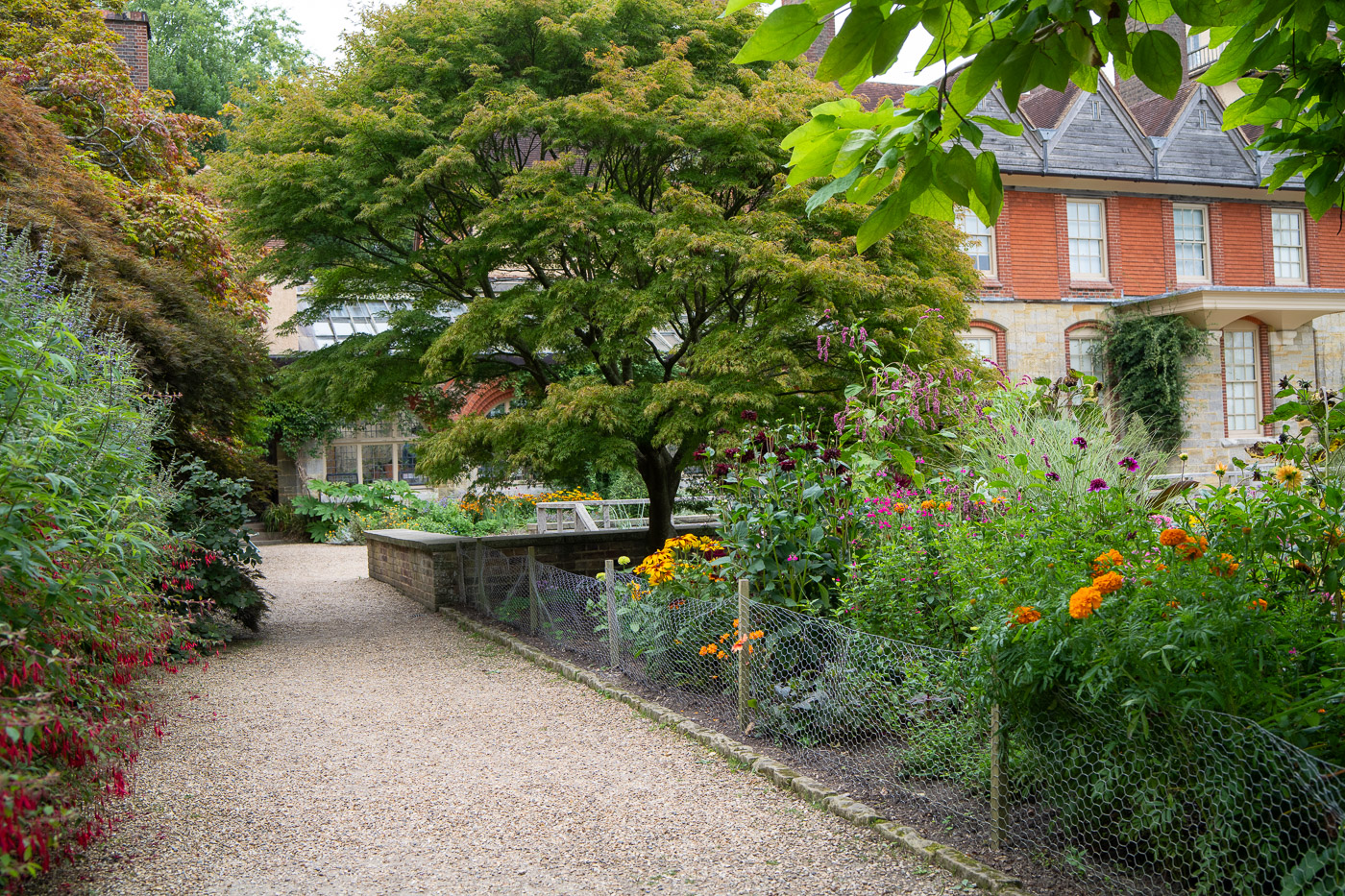
Sample 08. 1/250. f/5.6. ISO 800
What is a 35mm f/1.8 for?
The 35mm focal length has been a favourite of many classic photographers for decades, including household names like Henri Cartier‑Bresson and Vivian Maier thanks to its natural yet slightly wide perspective. On full‑frame cameras, 35mm includes more of the scene than a 50mm, while keeping subjects well proportioned, helping to tell the story in a natural way. That makes it one of the most versatile and popular options for stills and video content creators.
This field of view is especially useful for environmental portraits, where you want to show your subject within context, while the f/1.4 aperture allows you to control depth of field and capture more light indoors or in low light.
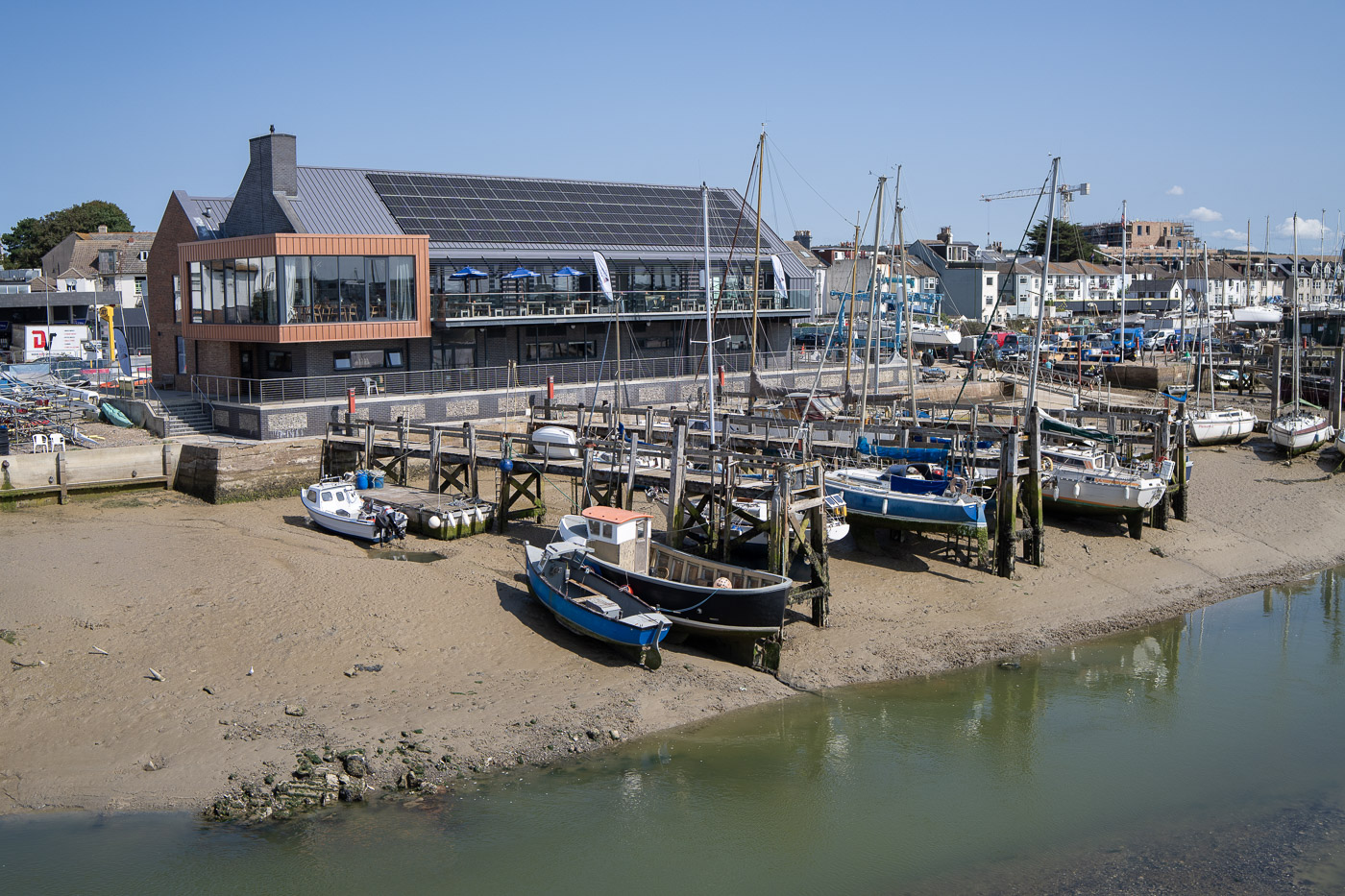
Sample 09. 1/2000. f/5.6. ISO 250
Common 35mm genres include:
- Street photography and documentary
- Environmental portraits and lifestyle
- Weddings and events
- Travel photography, landscapes and cityscapes
- General purpose photography and video
It’s a classic for a reason, and a lens, which has stood the test of time.
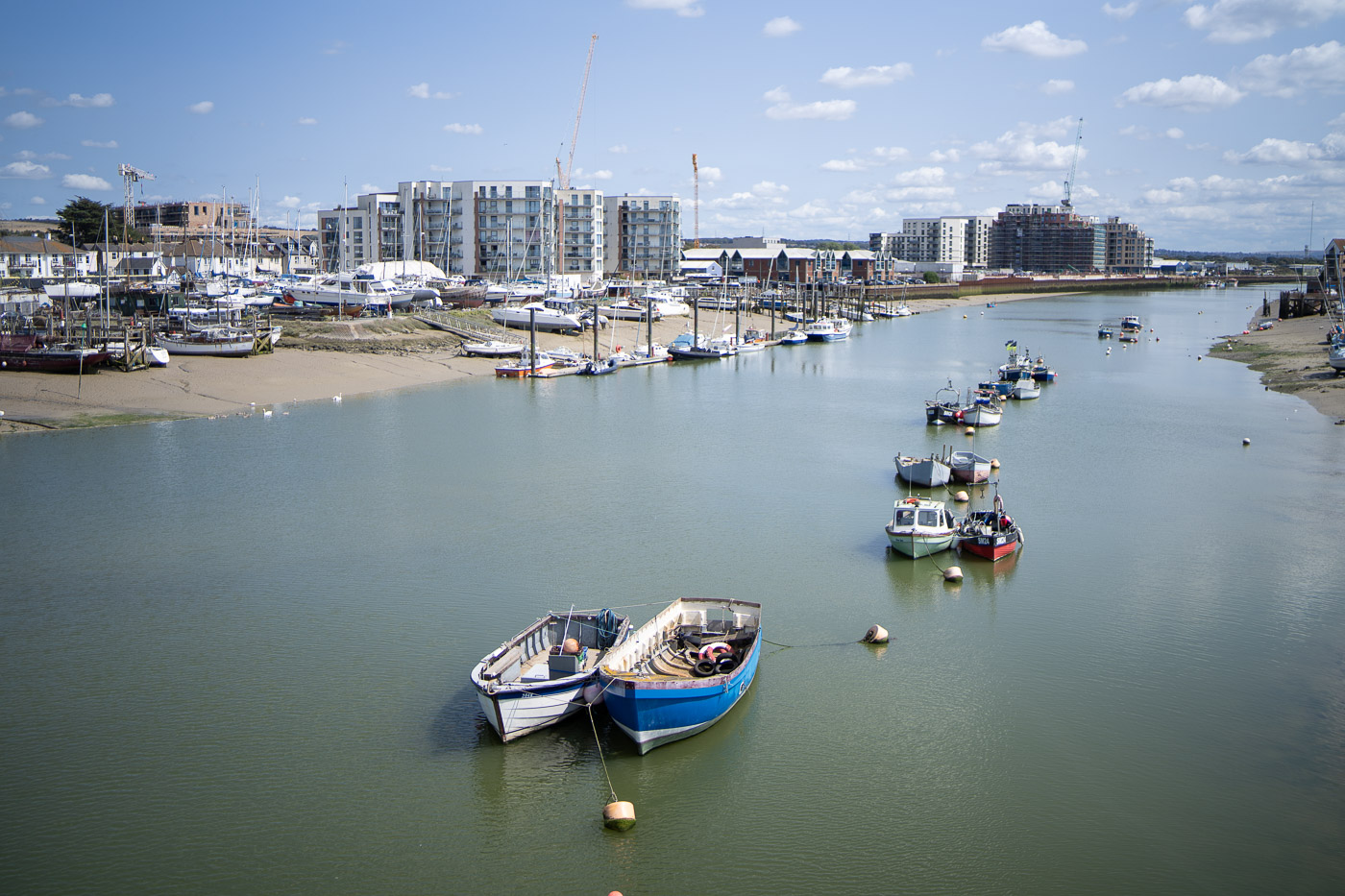
Sample 10. 1/8000. f/1.4. ISO 100
Compatible Filters
The Samyang 35mm f/1.4 filter size is 67mm, which is very common for a lot of popular lenses. This enables cost-effective filters to be added such as an ND or Variable ND for video, a circular polariser or UV filter, depending on your needs and style of shooting.
For video and stylistic photography, check out our PolarPro Shortstache Everyday Filter Review, and if you haven’t got any 67mm filters already, read our Urth Magnetic Filters Kit Review, which highlights how straightforward a magnetic system can be to use.
After spending some time with the Samyang AF 35mm f/1.4 P FE, it’s clear why 35mm is still such a preferable focal length. This particular third-generation lens delivers excellent sharpness, smooth rendering, and natural colours, resolving detail on a demanding 60MP sensor. The fast f/1.4 aperture gives you plenty of low-light capability, while the controlled focus breathing makes it just as capable for video as it is for photography.
However it isn’t perfect, with some aberrations noticeable at f/1.4, and the lack of controls takes a little getting used to, but neither issue is a dealbreaker, especially given the price. At around £500.00, it’s one of the most accessible 35mm f/1.4 primes for Sony E-mount right now, which competes very well vs far more expensive options.
If you’re looking for a portable wide aperture 35mm prime for storytelling through portraits, street, travel, and video, this deserves some serious consideration. You can browse full details, see more samples, and check the current pricing here Samyang AF 35mm F/1.4 P FE Lens For Sony E.
Share this post:
By Nick Dautlich on 02/09/2025
Nick Dautlich
Senior Content Writer and Product Reviewer
Nick Dautlich is the Senior Content Writer and Product Reviewer at Park Cameras, with over 15 years of photography experience. A Sony Imaging Professional and expert reviewer, Nick has worked with major brands such as Canon, Sony and Nikon. His work is also featured on Vanguard World UK’s website, Capture Landscapes, and Shutter Evolve. Nick’s photography includes National Trust projects and magazine covers and he is passionate about landscapes and storytelling. Nick also enjoys hiking and teaching his children about nature. Learn more on his profile page.
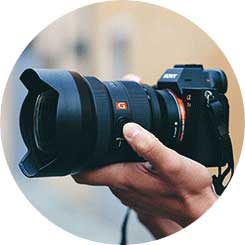
Trade in your old equipment
Fast and easy trade in service ensures your old gear is collected efficiently and you are paid quickly! It's very simple to trade in your unwanted photography gear. Just head over to our dedicated Sell or Part Exchange page, fill out the details, and we'll get back to you with an offer for your old gear. Take the cash, or put it towards the cost of your new gear. It's up to you! Find out more
sign up to the newsletter
Keep up to date on the latest photography news, events and offers. Sign up now